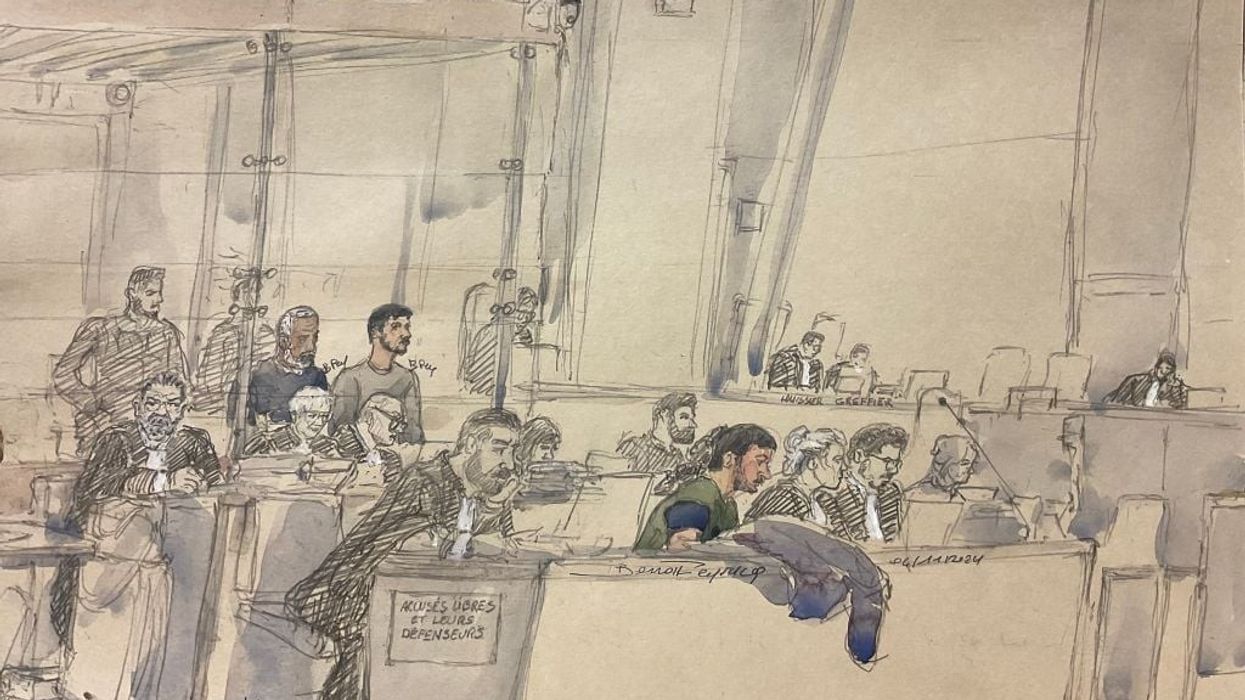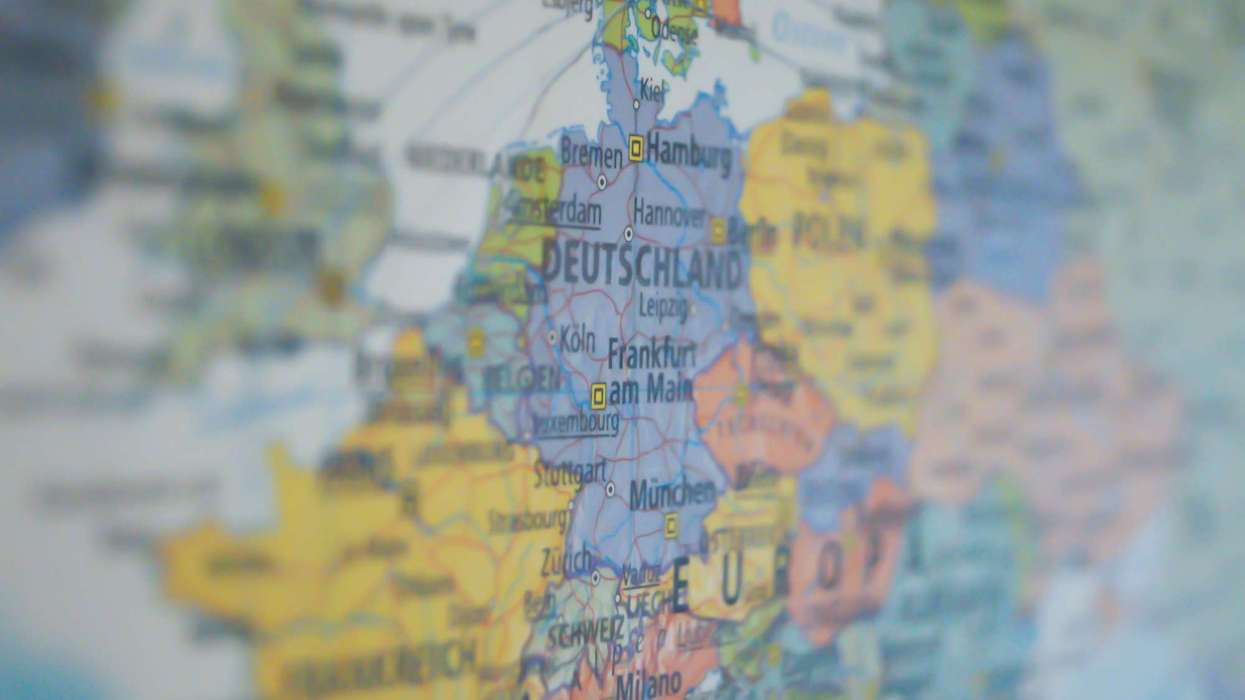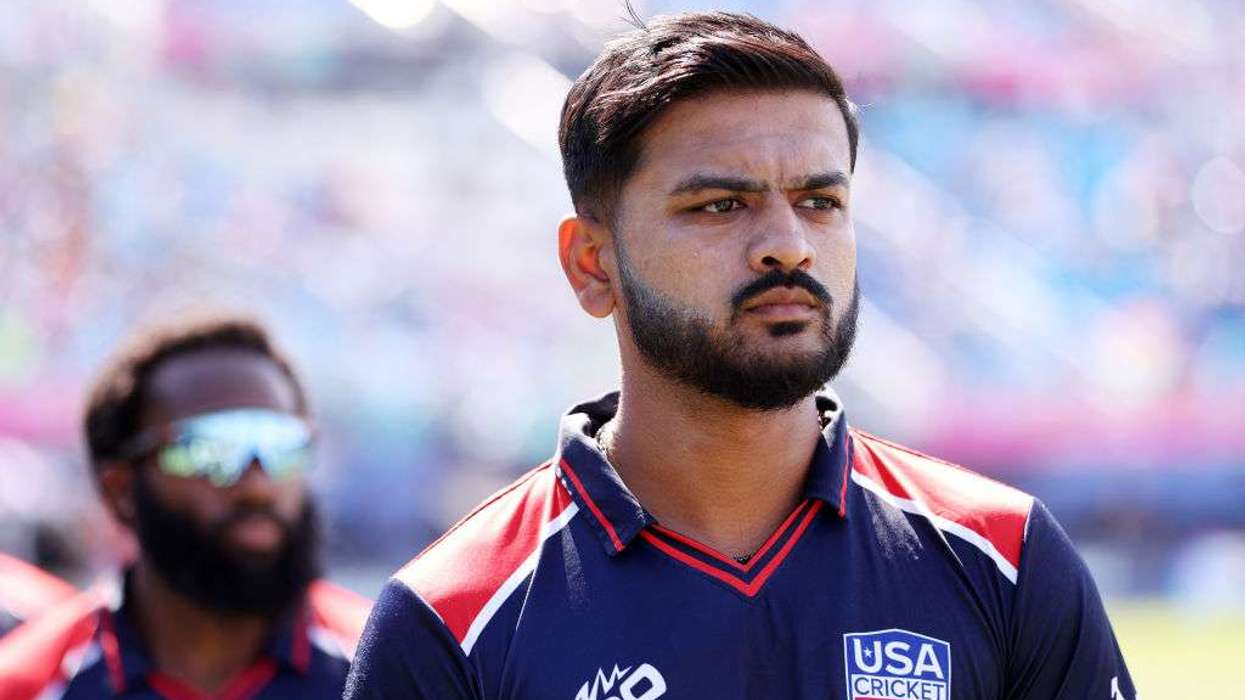THE father of a French pupil whose account of the use of caricatures of the Prophet Mohammad in a class on free speech led to the teacher's brutal murder went on trial this week, accused of association with a terrorist network.
Days after Samuel Paty, 47, showed his pupils the caricatures, in 2020, an 18-year-old assailant of Chechen origin stabbed him repeatedly and beheaded him outside his school in Conflans-Sainte-Honorine near Paris.
That happened after the father, Brahim Chnina, published a series of videos on social media, wrongly accusing Paty of disciplining his daughter for complaining about the class, giving Paty's name and identifying the school.
Prosecutors accuse Chnina of collaborating with Abdelhakim Sefrioui, who founded a hardline Islamist organisation, to incite hatred towards the middle-school teacher. Many Muslims consider any depiction of the Prophet Mohammad blasphemous.
"They put a target on the teacher's back," Thibault de Montbrial, a lawyer for Samuel Paty's sister Mickaelle Paty, told reporters. "Their public allegations... the videos they made attacking this teacher... all this spiral led directly to the atrocious decapitation of Samuel Paty."
"It will be interesting to see, how after having set up a whole chain of events from the letter A to the letter Y they will say that they are not responsible for the letter Z."
Both men are charged with association with a terrorist organisation. Chnina's lawyer declined to comment ahead of the start of the trial.
Sefrioui's lawyer, Ouadie Elhamamouchi, has said there is no proof of contact between Sefrioui and the Chechen killer, who was shot dead by police.
Elhamamouchi said that Sefrioui would show the court "that he has absolutely no connection whatsoever with this heinous attack, which he has condemned from day one".
Among the six others on trial in Paris alongside Chnina and Sefrioui are two associates of Paty's killer, Abdullakh Anzorov. Prosecutors allege they knew of Anzorov's plans to slay Paty and helped him buy weapons.
Both are charged with complicity in a terrorist killing, and French media say they have both denied wrongdoing.
Last year, a court found Chnina's daughter and five other adolescents guilty of charges related to taking part in a pre-meditated criminal conspiracy and helping to prepare an ambush.
Chnina's daughter was actually not in Paty's class when the caricatures were shown and the court found her guilty of making false accusations and slanderous comments. French media said the 13-year-old made the allegations against Paty when her parents asked her why she had been suspended from school for two days.
The latest trial is due to run until December.
Teachers from Paty's school will follow the trial closely, said Antoine Casubolo Ferro, a lawyer for 14 of his colleagues.
"They expect the (French) republic, justice, to say: stop, don't mess with teachers ... don't mess with freedom of expression," Casubolo Ferro told reporters.
(Reuters)





